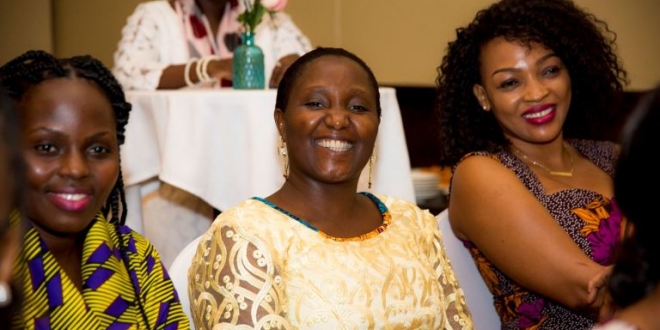AfricaPress-Tanzania: STANDARD Chartered Bank Tanzania is celebrating achievements realised in the period of three years since it started collaborating with the International Finance Corporation’s (IFC) in women’s welfare issues through its flagship Finance2Equal Tanzania programme.
In honour of this year’s International Women’s Day themed ‘Choose to Challenge’, the bank basks in the growth of gender equality at the workplace in Tanzania, the area that it has worked on diligently for years now.
The Finance2Equal programme is aimed at increasing women’s participation in social and economic affairs such as leadership, employment, and entrepreneurship from April, 2019.
In a statement released by the bank over the weekend, Anne Kabugi, IFC’s Regional Gender Lead for Africa, pointed out that from last November’s IFC case study on equality at place of work, the bank was proved to have been performing incredibly well.
“Preliminary results from the case study indicated that our bank is creating a culture that supports gender equality, from having one third of its board members and executive committee members being women, to having a strategy focused on catapulting more women to leadership positions,” said Kabugi adding,
“IFC is working on finalizing the report which will be shared widely in the financial sector as a best practice learning for other organisations within and outside the sector.”
Commenting on the initial results by IFC, the Bank’s CEO, Sanjay Rughani said the bank is honoured to work with IFC in women matters and is pleased with the results.
“These preliminary results represent the significant progress we have made on our diversity and inclusion agenda. Finance2Equal not only will it help see more women take up leadership roles within the financial sector, but it will also result in more women taking up financial products and services as part of the next leg of the partnership and project with our bank.” said Rughani.
According to him, gender equality is taken as a critical factor that can fasten the bank’s success and management is committed to empowering women in the workplace as it has a number of policies, commitments, interventions and initiatives that support women.
In particular, he said the bank has put emphasis on supporting childcare as a key barrier to women’s participation. To this end, the bank offers global flexible working practices especially for returnee mothers and increased benefits for new parents.
“The bank has one of the best parenting policies that grants new mothers a fully paid maternity leave of five months, compared to the market practice of a three months maternity leave;
New fathers are also granted a two weeks’ paternity leave compared to a market practice of three days. Other initiatives include the Women’s Network that provides an international platform to inspire and encourage women working at the bank to contribute and share best practices” affirmed Rughani.
At a group level women occupy 30 percent of its top four levels of senior roles. In Tanzania, the bank has already achieved this target with a third of its top management team comprising women.







